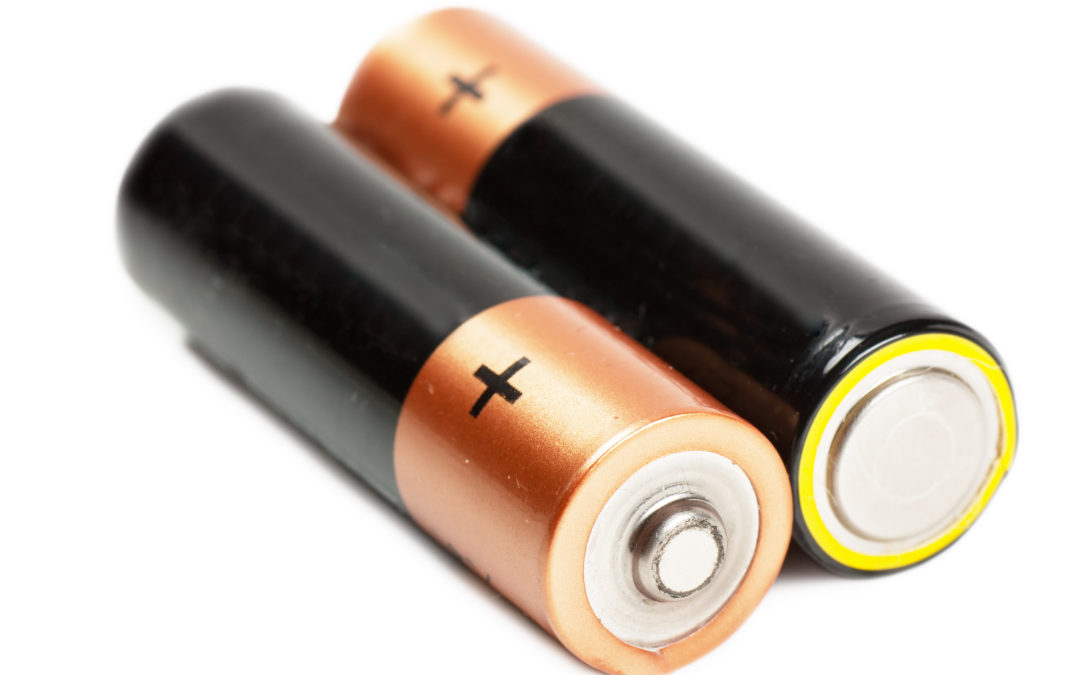Researchers from Harvard developed a new flow liquid battery that can last for more than a decade. This battery is composed of non-toxic organic molecules that dissolve in neutral pH water. The lithium-ion batteries that we have now, power everything from phones to electricity grids. However, their lifespan is incredibly short, and they’re difficult to recycle. Now, researchers at Harvard University have found a solution.
According to researchers from the Harvard John A. Paulson School of Engineering and Applied Sciences (SEAS), this new chemistry modifies the molecules in electrolytes, ferrocene, and viologen to make it stable, water-soluble. Thus, this stops the battery from degrading over time. When dissolved in water, the molecules lose only one percent of its capacity for every 1,000 charging cycle. The battery is non-toxic, non-corrosive and lasts longer than current Lithium-ion models – estimated at a decade opposed to the batteries we are used to which only last months.
This liquid battery has exceptionally long cycle life, flexible layout, quick response time and no harmful emissions. There is also no worry about the potential dangers posed by battery leaks. Elements found in batteries today can damage the skin, cause health problems and damage the home and the environment.
“Because we were able to dissolve the electrolytes in neutral water, this is a long-lasting battery that you could put in your basement,” said study Harvard researcher Roy Gordon of SEAS. “If it spilled on the floor, it wouldn’t eat the concrete since the medium is non-toxic. You can use cheaper materials to build the components of the batteries, like the tanks and pumps,” he adds.
Haitham Alaini believes that this new technology is beneficial for Yemen, particularly as it promotes renewable energy. He also thinks that this can help ease the burden of demand on a grid during peak usage times. Furthermore, developments that improve batteries also leads to use of fewer fossil fuels and decrease overall dependence on non-renewable sources.
Getting The Battery to Market
Researchers have already started working with several companies to scale the technology, but the method remains limited to lab test stage. It could take time before a technical solution can be reached to make this breakthrough available for mass production. Nonetheless, this new liquid battery offers a promising storage solution for renewable and intermittent energy.
